Secular Tarot Practice: A Beginner’s Guide to Mindful Self‑Reflection
What is Secular Tarot?
Secular tarot is a non-spiritual approach to tarot card reading focused on introspection, self-reflection, and emotional clarity. Instead of divining messages from spiritual entities, secular tarot readers use the cards as psychological tools to understand their own thoughts, behaviors, and subconscious patterns.
Secular tarot practice transforms tarot from mystical fortune-telling into a powerful tool for personal insight. If you’re curious about using tarot for self-reflection without the spiritual or supernatural elements, this beginner-friendly guide will walk you through how to start a secular tarot practice that aligns with your worldview. Whether you're a skeptical witch, a nature-based practitioner, or simply looking to explore mindful tarot as a way to access your inner voice, you’re in the right place.
How Is Secular Tarot Different from Traditional Tarot?
While traditional tarot often emphasizes divination and spiritual connection, secular tarot focuses on practical self-awareness. Think of it like a guided journaling session: each card acts as a prompt for exploring your emotions, habits, and decisions. Instead of calling on guides or deities, secular practitioners use tarot as a mirror to reflect inner truths.
This practice also resonates with non-religious witches, modern mindfulness seekers, and skeptical spiritualists looking for intuitive clarity without the supernatural lens.
Why Use Tarot for Self-Reflection and Clarity?
In today’s world of constant noise and pressure, connecting with our inner wisdom can feel impossible. That’s where tarot becomes a valuable mindfulness tool. Regular daily tarot practice supports:
Emotional regulation and decision clarity
Breaking negative thought loops
Creative problem-solving and intuition building
Ritual self-care and shadow integration
You can use tarot cards to tap into your subconscious thoughts, challenge limiting beliefs, and identify patterns blocking your growth- all without needing to "believe" in anything otherworldly.
Getting Started with a Secular Tarot Practice
Pick a Deck That Resonates With You
Start simple with the Rider-Waite-Smith deck or try a more modern one like The Wild Unknown, or even move to Oracle Decks! Choose based on visual style and emotional connection.Learn Through Intuitive Tarot Reading
Don’t rush into memorizing all 78 meanings. Let your intuition lead:What feelings does the card evoke?
What do the symbols or colors say to you?
How does this card connect to your current situation?
This process is called intuitive tarot reading and is perfectly valid for secular or skeptical readers.
3. Try These Secular Tarot Spreads
Use simple layouts to build confidence:
One-Card Pull: “What should I focus on today?”
Past / Present / Future: Great for decision-making
Mind / Body / Spirit: Ideal for emotional check-ins
4. Reflect Through Tarot Journaling
Keep a log of your spreads, feelings, and insights. This is where transformation happens- you’ll begin spotting themes and emotional growth over time.
Everyday Uses for Secular Tarot
Your practice doesn’t have to be mystical to be meaningful. Here are practical, everyday ways to integrate modern tarot mindfulness into your life:
Morning Focus Ritual: Start your day with a card and journal prompt
Creative Breakthrough Tool: Stuck in a rut? Pull a card to shift your lens!
Conflict Resolution Aid: Reflect before reacting in tense situations
Shadow Work Practice: Sit with uncomfortable cards to explore hidden truths
By making this a consistent habit, your daily tarot practice becomes a touchstone for truth and transformation.
Secular Tarot FAQ
Is tarot still effective if I don’t believe in magic?
Absolutely. Tarot is a structured tool that helps facilitate mindful reflection. The power comes from your interpretation and honesty, not any external force.
Can I learn tarot without memorizing all the meanings?
Yes! Many secular tarot readers begin with intuitive reading. Over time, you’ll naturally pick up traditional meanings and weave them with your own.
What’s a good first tarot deck for a skeptic?
The Rider-Waite-Smith deck is an excellent starter because most books and guides reference it. For a more artistic or abstract vibe, The Wild Unknown is also great.
Final Thoughts & Call to Action
A secular tarot practice is less about predicting the future and more about building a deeper relationship with yourself. With regular use, you can unlock emotional clarity, increase self-awareness, and create meaningful rituals that support your growth.
Try it now: Pull a card and ask, "What truth am I not seeing clearly right now?" Write for 5 minutes. You may surprise yourself.
Tell me in the comments: How do you approach tarot as a secular or intuitive reader?



